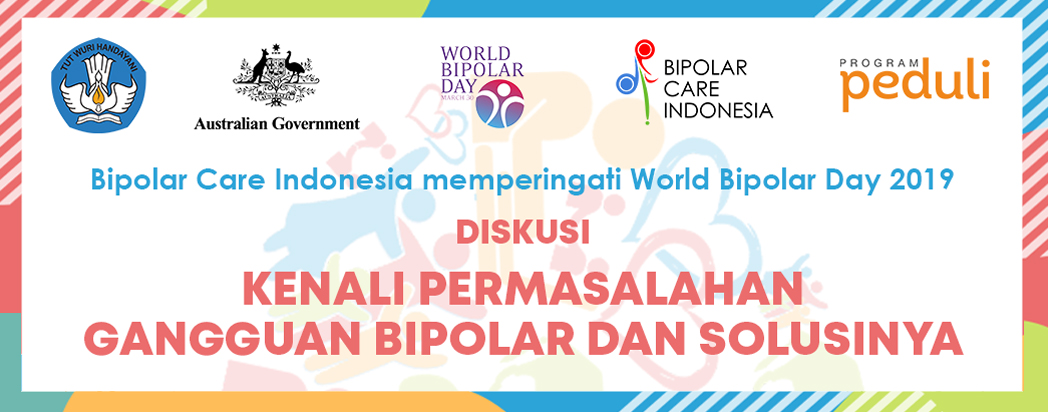The Best Ways to Prepare Yourself for IELTS

Unless you are Monica Geller of the legendary TV series Friends (or if you are basically a nerd), few of us like to take tests. But like life’s trial and tribulation, we sometimes cannot avoid taking tests, in this case IELTS, especially if you’re trying to get scholarships overseas that require certain IELTS score.
If you are already fluent in English, it is no problem. But what if your English is just passable or at low level? Moreover, Indonesians are more familiar with American accent, rather than British’, thanks to Hollywood movies and series.
Worry not. If you are a student at a lower, pre-intermediate level, there is no reason why you can’t start preparing for the International English Language Testing System (IELTS). Students aiming to achieve a higher band score are advised to focus their initial preparation on improving their general English abilities. As well as, ensuring they have allocated enough time, to better their language skills.
Here are the tips on how to get started with your preparation.
Increase Your Language Ability
If you are on a lower level English, don’t go straight into IELTS preparation course. Strengthen your English ability because IELTS requires the range of grammar and vocabulary of an academic standard. Language practice and improvement is pivotal, whether through General English Course, such as at British Council, or through individual learning.
The test concentrates on certain areas of grammar and vocabulary, and these need to be learnt, hand-in-hand with practice questions, that exploits those language items.
Using a grammar and vocabulary book that has been written specifically for IELTS training can be a great help in doing this. Or by enrolling into a preparation course, to receive targeted practice and feedback, directly from a teacher.
Increase Your Test Knowledge
Having strong knowledge of the test itself is essential. Students, particularly lower-level students often lack understanding of why they are doing tasks and what exactly they are being tested on.
The Task 1 writing is a good example of this. In Task 1, you are provided with a graph, table, or chart, and are required to summarise and make comparisons using the data given. If you don’t really understand what the purpose of the task is, and describe or list what you see, instead of summarising and making comparisons, you will lose marks.
Try and make each task more meaningful, by understanding the explicit links between each question and it’s required answer.
Expand Your Vocabulary
Vocabulary is the key, my Dear Watson. It is the key to success in any language proficiency examination. How to do it? As you read and listen to conversations in English, make a list of words you don’t recognize or understand.
Look up these words online or in a dictionary to make sure they are spelt correctly in your list, and to properly understand the meaning of each word. Note down a synonym or short definition for the words, and practice using them in your writing and daily conversations
Familiarize Yourself with Your Current English Level
It is important for you to have an idea of how much you need to improve, and, more importantly, how you can do this. One way to find out your strengths and weaknesses is to use a practice or diagnostic test. This will provide you with an insight into your level while you steadily improve your ability.
Use Practice Tests Wisely
Candidates often believe they need to do endless IELTS practice tests in order to improve their English. This approach is unlikely to lead to your language proficiency. Practice tests are useful, but it is more fruitful to prioritise learning the language than doing repetitive practice tests.
At lower levels, students need to concentrate much more on increasing their vocabulary and grammar knowledge. It would be more beneficial to test yourself regularly on the vocabulary and grammar you have been studying at home or in class.
Once comfortable, try to move on to applying this knowledge to small sections of the test.
This article is brought to you by Magdalene and British Council Indonesia. Read the Indonesian version here.





















